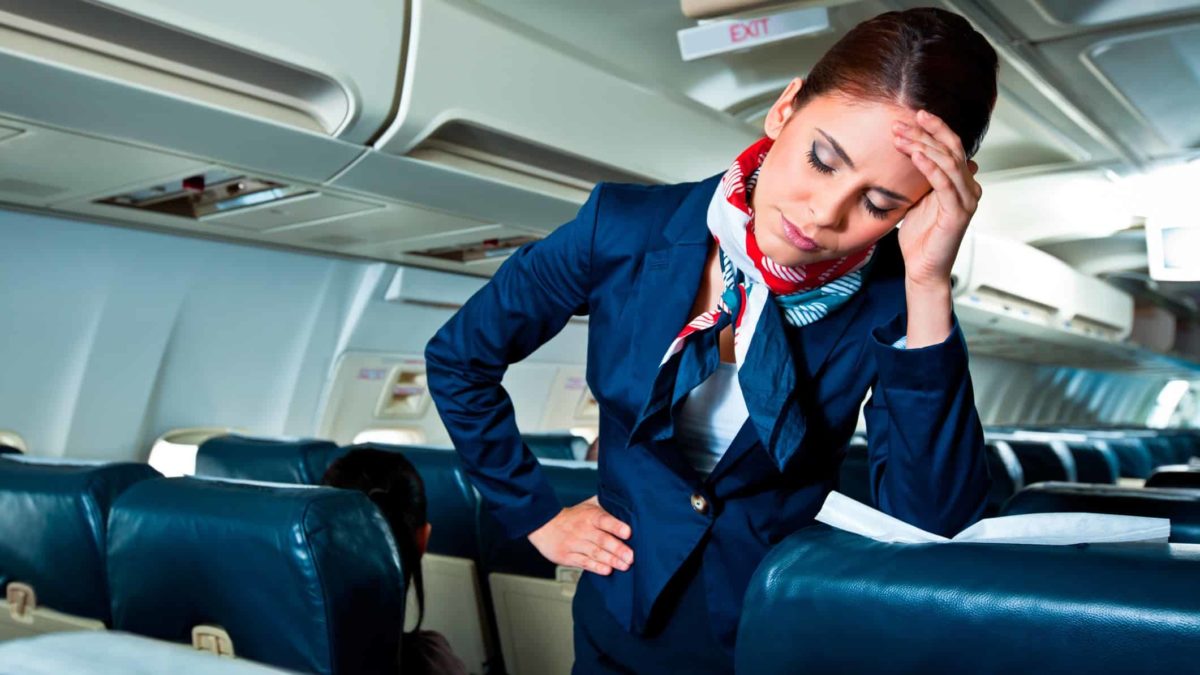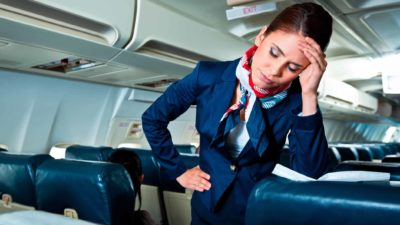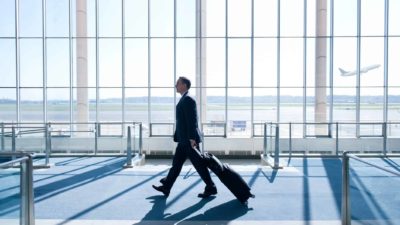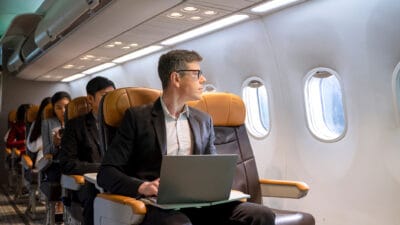Key points
- Qantas is upping its battle to change its long-haul cabin crew's enterprise agreement, taking it to the Fair Work Commission
- The airline claims the current agreement will stall its COVID-19 recovery and counter-offers would see it paying an extra $60 million over 4 years
- Qantas crew rejected a proposed replacement agreement last month due to concerns of a wage freeze and increased on-call hours
The Qantas Airways Limited (ASX: QAN) share price had a rough day on the ASX on Thursday.
Meanwhile, the airline has announced it is taking the battle against its enterprise agreement with long-haul cabin crew to the Fair Work Commission, applying for it to be terminated.
According to Qantas International CEO Andrew David, without change, the agreement will stall the airline's international recovery.
At the closing bell today, Qantas shares finished down 0.98% at $5.04 apiece.
For context, the S&P/ASX 200 Index (ASX: XJO) ended the day up 0.14%.
Let's take a closer look at today's news from Australia's signature airline.
Qantas share price slips amid enterprise agreement battle
The Qantas share price nosedived amid news the airline is taking its fight to end an enterprise agreement to the Fair Work Commission. This comes after the company failed to win over the Flight Attendants' Association of Australia (FAAA) and 97% of voting crew.
Over the last 6 months, the airline has been negotiating with the union and other representatives for a new agreement.
Qantas' 4-year proposition — which the airline says offers increased pay and allowances — was shut down last month.
Staff were apparently concerned over an included 2-year wage freeze and additional on-call shifts.
According to the airline, without these changes, the enterprise agreement is "unworkable" post-COVID-19.
It said the FAAA's proposed counter-offer would see it forking out an additional $60 million over the 4 years.
In a statement, the airline said its international competitors are moving to "more dynamic schedules", adapting to demand by swapping out aircraft at short notice.
Qantas' enterprise agreement means 20% of its 2,500-strong long-haul crew can only work in one type of aircraft. Crew are limited to working on either Airbus A330s, or both Airbus A380s and Boeing 787s.
Qantas' proposed agreement would mean crew could be trained to work across all 3 aircraft.
Additionally, Qantas wants to place all crew on a single rostering system which already directs 80% of crew.
On termination of the agreement, crew would fall under the modern award, which Qantas calls "the safety net for the industry", until a new agreement is agreed upon.
According to David, the FAAA created a "scare campaign" against the proposition, claiming it would bring redundancies and offshoring.
He stated: "The union's default position is that the company can't be trusted and should always give more. That's simply wrong."
What did management say?
Commenting on the fight, David noted:
Asking to terminate the current agreement is the last thing we want, but we're stuck between a rock and a hard place…
The challenges facing airlines are pretty obvious and, even though we're flying internationally again, it's clear that we have to operate in a more agile and flexible way than we did pre-COVID in order to recover and match customer demand.
Qantas is willing to put the rejected deal back on the table. However, David stated that would require a backflip from a union he says has "continually misrepresented the facts". He continued:
I know our people will be disappointed that it has come to this and so are we. We're open to putting the same deal that was rejected back on the table, but that would require a change of heart from a union that has continually misrepresented the facts.
We have sold land, mortgaged aircraft, and raised money from shareholders to get through this pandemic. The government has provided hundreds of millions in direct funding to our employees while they were stood down. We don't think the flexibility we're asking from our international crew is unreasonable given the challenges we continue to face.
Meanwhile, FAAA secretary Teri O'Toole has been quoted by the Australian Financial Review as saying:
We had met the company on a number of their claims, but they would not have met with any of ours…
These were the heroes that have had to bring stranded Australians back during COVID-19, and this is how the company repays them for exercising their workplace rights to vote down the new agreement.
Qantas share price snapshot
It has been a tough start to the year for the Qantas share price.
The airline's stock is currently up just 0.4% year to date. Though, it's 4% higher than it was this time last year.









